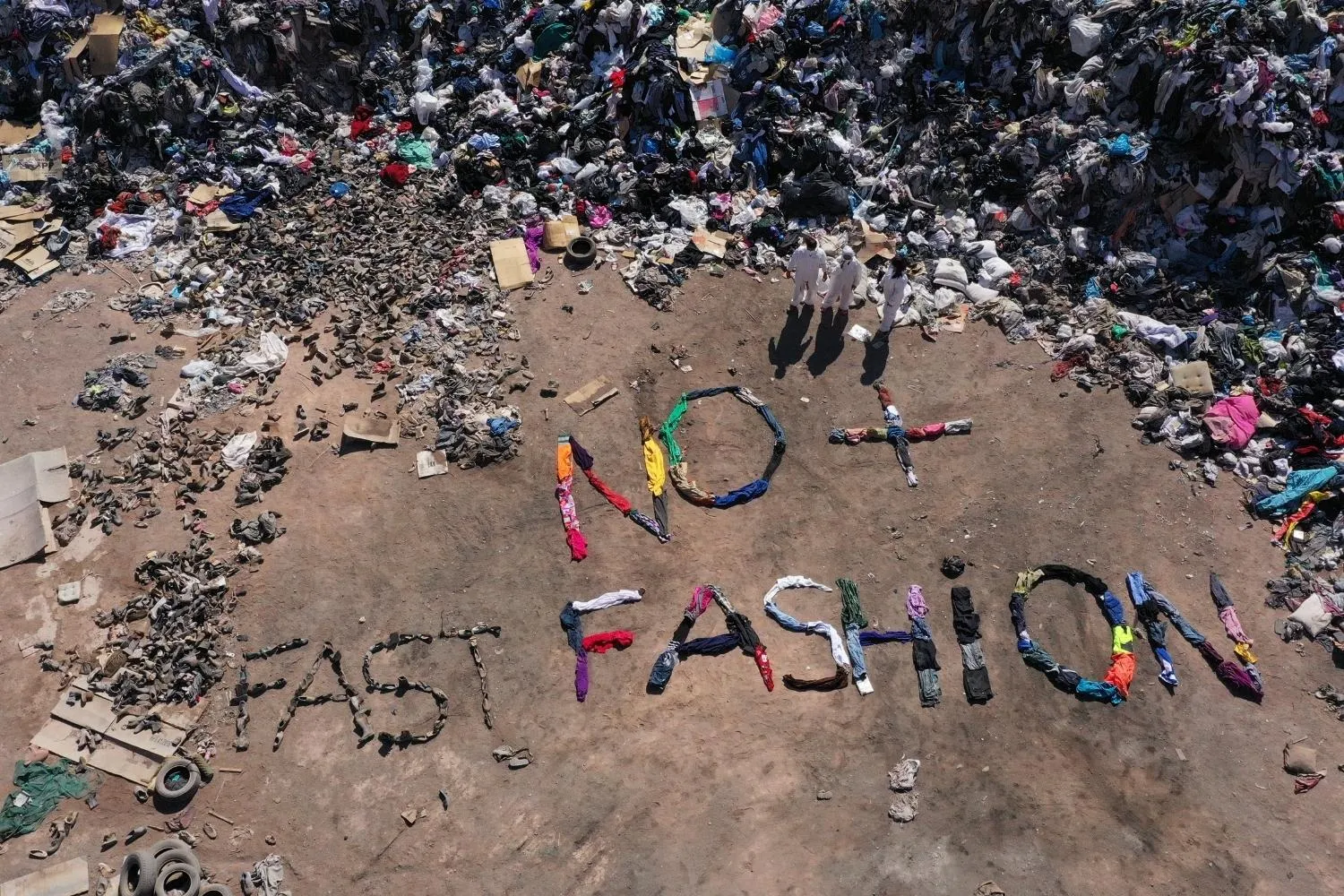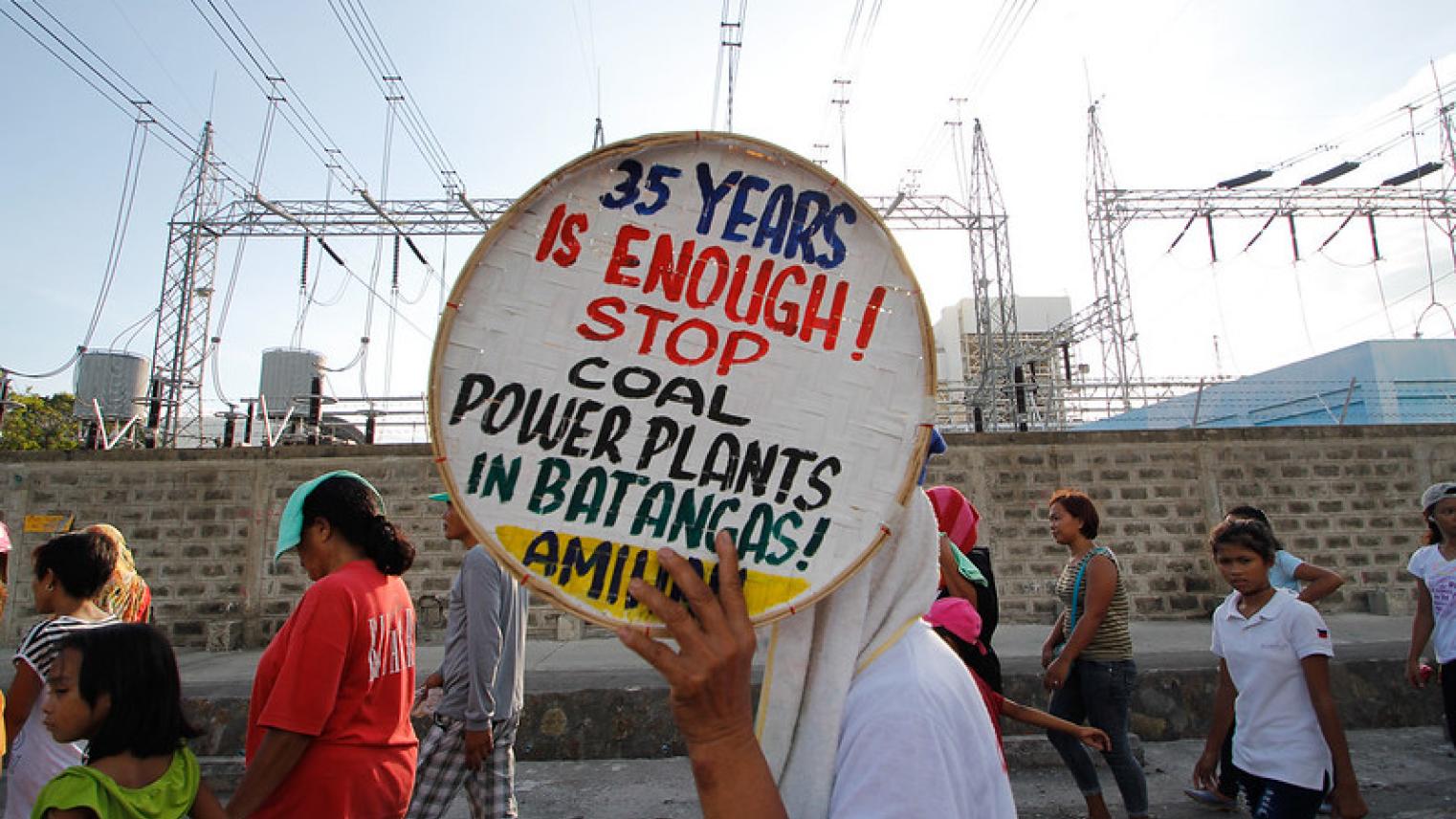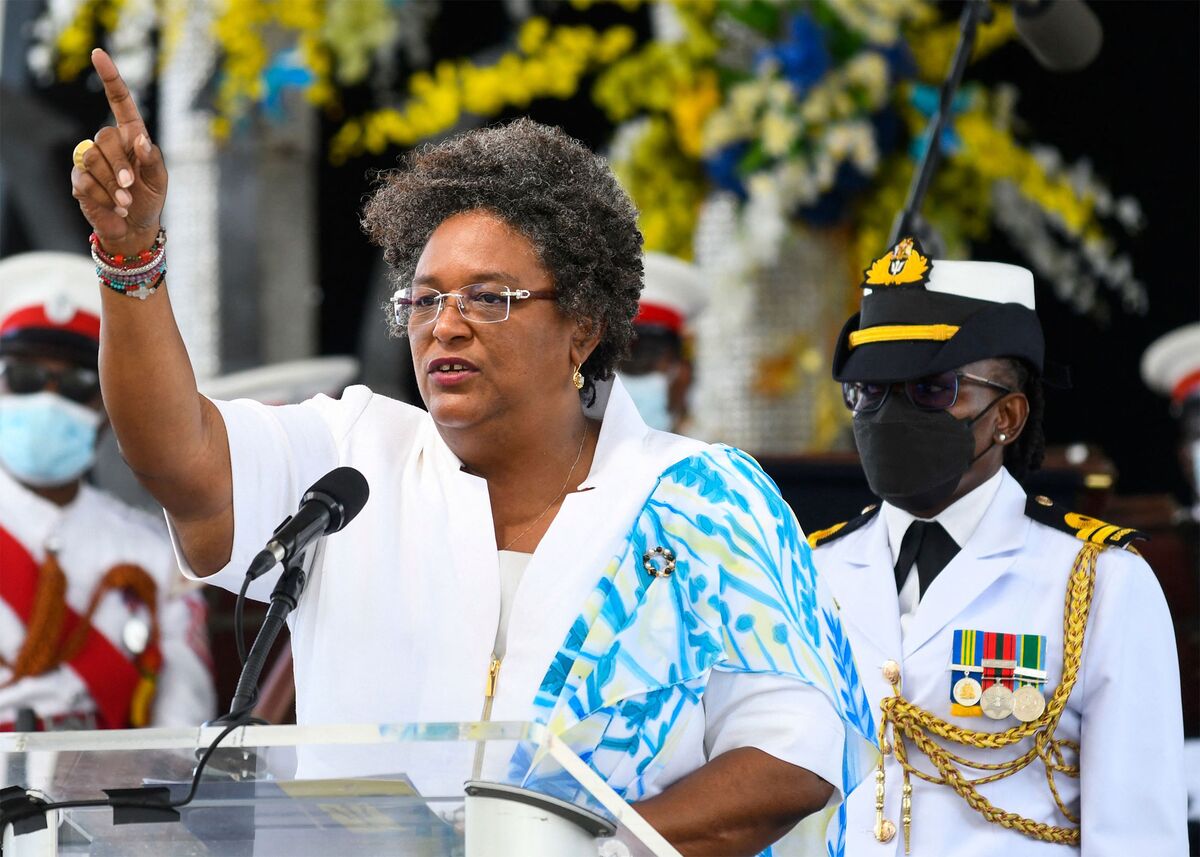Global and regional leaders called for a decisive plan to encourage further ingenuity and to tap into emerging technologies and digital innovation to bolster the huge effort required to achieve the Sustainable Development Goals by 2030 as the United Nations Economic and Social Commission for Asia and the Pacific (ESCAP) opened its 80th session in Bangkok today.
“Intelligently deployed and properly governed digital solutions, based on a common understanding, shared approaches and collaborative governance, form the foundations for the collective push necessary for the attainment of the 2030 Agenda for Sustainable Development,” said Armida Salsiah Alisjahbana, UN Under-Secretary-General and Executive Secretary of ESCAP.
Asia and the Pacific is at the forefront of a global digital transformation. Innovations in cognitive digital technologies, digital finance, government technology and the Internet of Things are reshaping the way we do business, deliver public services and protect people and the planet. In the finance sector alone, the value of digital transactions is projected to reach $6.7 trillion by 2026.
“We need transformative change. Digital innovation has become a vital tool for us all to achieve that change. At the same time, we must ensure that digital innovations benefit all and truly contribute toward sustainable development,” said Srettha Thavisin, Prime Minister of Thailand.
Dennis Francis, President of the United Nations General Assembly underscored the importance of digital inclusivity and closing the digital divide: “In today’s world, access to smartphones and digital connectivity can no longer remain luxuries for a few – but necessities, in fact, tools for all.”
Heads of State and Government from Bangladesh, Cambodia, Lao People’s Democratic Republic and the Philippines also made remarks at the session. They underscored several priorities for governments to focus on when it comes to leveraging digital innovation such as inclusive policies to bridge the digital divide and persistent inequalities, more effective resource mobilization and financing, and strengthening regional cooperation and knowledge-sharing.
Through illustrative case studies, the theme study of the 80th session further explores how current and emerging digital innovations can address pressing issues like climate change, poverty eradication and gender equality. It also examines how governments can create enabling environments and proposes a framework to understand the interlinkages between digital innovations and sustainable development.
“We must be mindful of the challenges that lie ahead. Issues such as the digital divide, data privacy and cybersecurity must be addressed to ensure that the benefits of technology are accessible to all and that our digital infrastructure is resilient and secure. This is why the deliberations of the eightieth session of the Commission are so critical for the region,” said Mongolian Foreign Affairs Minister Battsetseg Batmunkh, who was elected Chair of the session.
More than 800 participants from 61 member States, associate members and permanent observers as well as representatives from academia, international organizations, youth, business and civil society are attending the session this week.
It is expected to culminate on Friday with the endorsement of four resolutions covering, among others, digital innovation and sustainable development in countries in special situations.

 Follow SDG News on LinkedIn
Follow SDG News on LinkedIn











